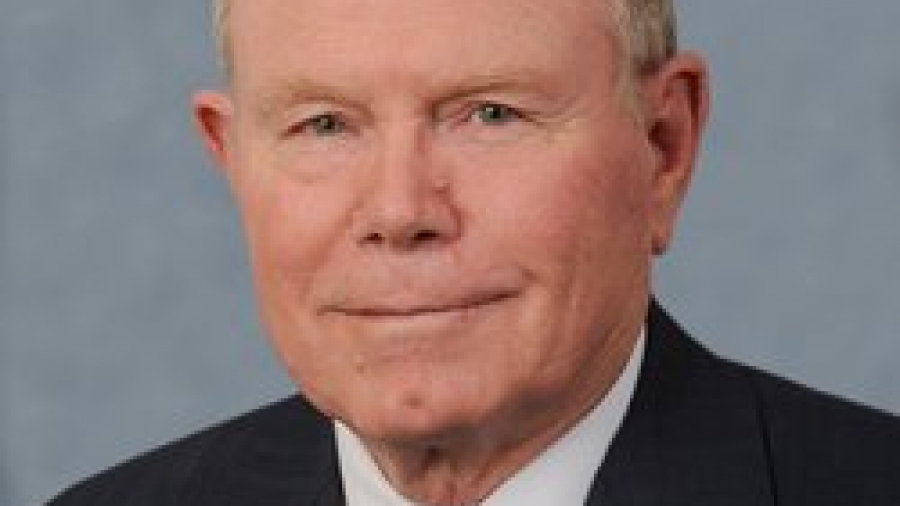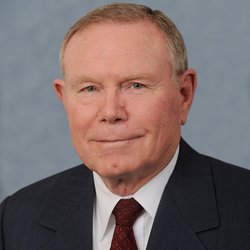Say you're either a solo practitioner or a Relationship Management Services coordinator and you want to start working the "LWP – RMS" and begin marketing to nursing homes. How do you get started?
Your first step is to go to Medicare.gov and check out their Nursing Home Compare search engine. Enter in your ZIP code and you'll get a list of the nursing homes in your area. It’ll give you a breakdown on which ones are in Medicare/Medicaid, and which ones have VA. It’ll give you the total number of beds in the facility. You can even see the ownership, whether it’s individual or a corporation or who is involved in it. Then, see if that same name or that same corporation pops up in other homes in the area; if they own multiple chains or multiple units in the area, that’s good to know.
 Once you pinpoint some facilities to target, then it gets a little scary. Most of the time, you will want to start by just visiting the facility to see what’s going on, and to make sure they don’t have some type of deal worked out with somebody else. You don’t want to step on any toes with existing financial planners or the like, so make sure you know what’s happening there.
Once you pinpoint some facilities to target, then it gets a little scary. Most of the time, you will want to start by just visiting the facility to see what’s going on, and to make sure they don’t have some type of deal worked out with somebody else. You don’t want to step on any toes with existing financial planners or the like, so make sure you know what’s happening there.
Touring the facility will also let you know if they have deficiencies or strengths in any particular area. They might have really good staffing numbers, or they might have no complaints or other issues, putting them above average in these certain categories. Set that in your memory banks and database for sure, so when you’re trying to develop this relationship, you already have some background on the facility. You kind of know what they’re going through. You don’t want to look like you’re investigating them, you just want to be able to talk their language. You need to be able to communicate their sense of what their enroll numbers are. How many rehab numbers do they have? How many readmits? Can they pick up any pending? Are they having any issues with billing Medicare for rehab? Try to create some type of common ground in communication. That opens up everybody else, from the business office to the director of nursing and up to the administrator.
Now that you've done some preliminary research, it's time to make your approach. You can start with the administrator, which is good – but to be honest, it’s hard to get to them. They’re probably not going to take your call immediately, but don’t let that hinder you, because you're really trying to get to the person who will actually interact with you more in your role, and that’s the business office manager. If you can get into that office, that’ll open the key to all the other positions that you’re trying to make a relationship with, including the administrator and the director of nursing, who will see your value. That person knows what you can bring to the situation, and might even advocate for you with the other players in the nursing home.
A good approach is to tell the receptionist you have some new information on Medicaid numbers that would help them, and that you'd like to present them to the business office manager if that person is available. Bring a fact sheet with your contact info on it; it can just show the numbers for this year, and if there have been any updates. The new information is often enough to get their attention, and it can help you create that conversation on how things are going with their nursing home, if they’ve seen any changes or if they are running into low numbers. Have they seen anything as far as having to deal with the readmits back to the hospital? They start wanting to explain things to you and tell you how things are going. So now you’re listening instead of talking, and you’re coming at them from a place of, “We’re here to help you.” You have to let them know that that’s what you’re there to do, not just to get referrals. You want to ask them, “How can we support you in any way? What is it that you see us helping you with?” We like to use the term, “We want it to be your back office.”
Starting your conversations with this approach will bring you success in building your nursing home client base. But what happens if they won't let you in at all? Check back for more conversations about marketing your elder law / estate planning practice to nursing homes.
If you are interested in learning more on this topic of marketing and what Lawyers With Purpose has to offer in legal technical support, join us at the most important event that will change your estate planning, asset protection and elder law practice. The Asset Protection, Medicaid and VA Benefits Practice with Purpose Program is happening June 9th – 11th in Chicago, IL. But register today to make sure you reserve your seat!
Roslyn Drotar, Coaching Consulting & Implementation – Lawyers With Purpose


















